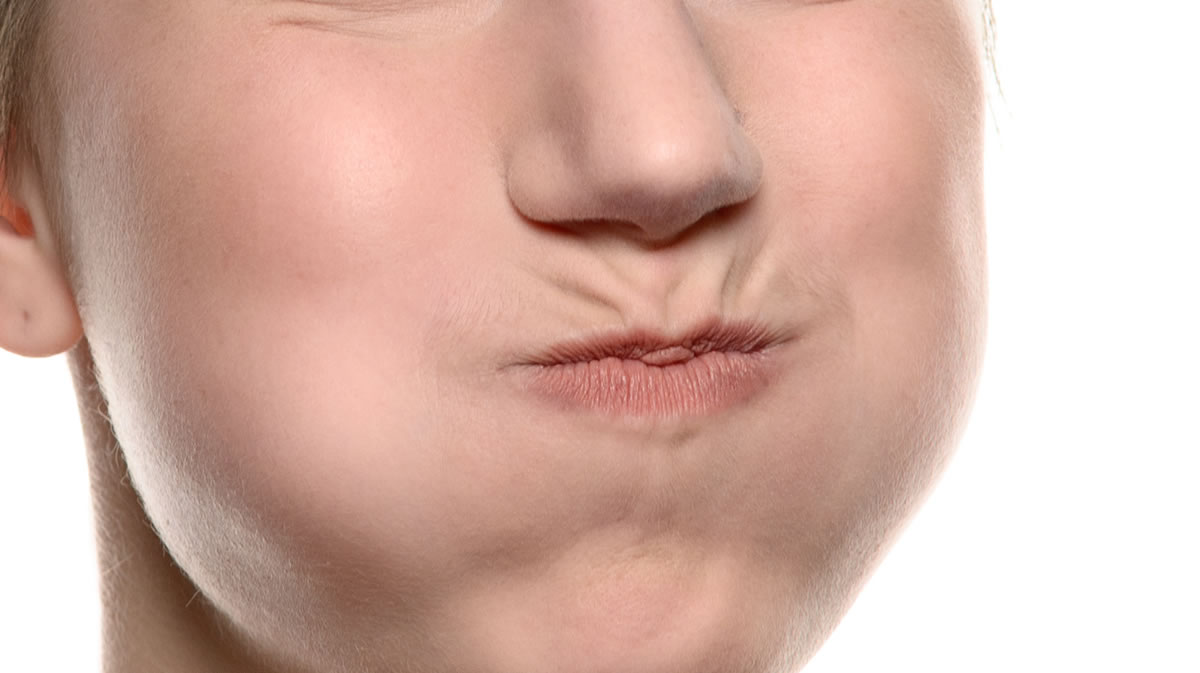You can make your at-home oral care routine even better by pairing your twice-per-day brushing and flossing with a mouthwash or oral rinse. While mouthwash is not a substitute for proper brushing, it can help with a number of oral health issues like cavity protection, bad breath management and so much more.
With so many different kinds of mouthwashes available, it can be difficult to understand exactly which one you should be using. Luckily, there is one for you based on your needs and we are going to help you find it. Read on to discover just which rinse is right for you.
If it’s for your children
It is never recommended that children use mouthwash before the age of six. This is because most children would swallow the mouthwash instead of spitting it out. Most mouthwashes contain fluoride which can cause fluorosis in developing teeth if too much is ingested. For this reason, children who are of suitable age to use mouthwash should always be supervised when doing so, especially when they are just learning the technique of swishing without swallowing. There are mouthwashes available that are marketed specifically for children because they contain no alcohol and are fluoridated. This results in protection against cavities without a harsh taste.
If you are prone to cavities
 Some people are more prone to cavities for a number of reasons. It could be because of your diet, the shape of your teeth, or oral bacteria, among other reasons. You could also simply not have enough fluoride in your diet, perhaps because your community does not have fluoridated tap water or you prefer bottled water. Fluoridated mouthwash can help rectify this as fluoride, a natural mineral, strengthens tooth enamel and builds up the tooth’s natural protection against destructive acids and bacteria. Note the while fluoridated mouthwashes are not antibacterial, they help your teeth combat bacteria more effectively. If you have deep crevices in your teeth, a mouthwash can help to access those hard to reach areas and keep the protection going long after brushing.
Some people are more prone to cavities for a number of reasons. It could be because of your diet, the shape of your teeth, or oral bacteria, among other reasons. You could also simply not have enough fluoride in your diet, perhaps because your community does not have fluoridated tap water or you prefer bottled water. Fluoridated mouthwash can help rectify this as fluoride, a natural mineral, strengthens tooth enamel and builds up the tooth’s natural protection against destructive acids and bacteria. Note the while fluoridated mouthwashes are not antibacterial, they help your teeth combat bacteria more effectively. If you have deep crevices in your teeth, a mouthwash can help to access those hard to reach areas and keep the protection going long after brushing.
If you just want an extra boost of freshness
If you’re looking for that fresh breath feeling but don’t necessarily suffer from halitosis, a mouthwash that freshens breath with chlorine or zinc would work well. These ingredients neutralize odours but aren’t harsh on taste buds or sinuses like antibacterial mouth washes which have a higher alcohol contents.
If you are looking for bacteria-fighting power
Conditions such as halitosis, plaque buildup, gingivitis, and gum disease are all brought on by bacteria that eats away at teeth and gums. To combat this, an antibacterial mouthwash would be the right choice. This type of mouthwash is harsher than others with higher alcohol contents, but it has been proven to help reduce the amount of bacteria in the mouth by approximately 75 percent. Antibacterial mouthwashes are available both over the counter and through prescription. However, prescription antibacterial mouth washes can be even harsher than over the counter versions and are generally reserved to treat cases of extreme gingivitis and other oral diseases.
If you have gum disease or another serious oral condition
Gum disease is a very serious condition that should be managed carefully and with the help of a dental professional. If you are concerned about gum disease or your existing oral conditions, talk to you dentist about prescription mouthwashes. There are antibacterial mouthwashes, which can only be prescribed by a medical professional, that have very strong bacteria fighting power. These mouthwashes generally contain an antibacterial called Chlorhexidine which can help to treat redness, swelling, and bleeding caused by oral bacteria. Unfortunately, the use of this antibacterial can stain teeth but it is the most effective mouthwash when treating serious oral conditions such as gum disease.
Ask the professional
Before changing your oral care routine, check with your dentist which mouthwash would work best for your oral health. There are many factors in choosing the rinse that’s right for you so to be sure that you’re getting the most out of your daily clean, ask the professional. If you don’t currently have a dentist or are looking to change dental offices, consult 123Dentist’s database of the best dental practitioners in the Lower Mainland.






